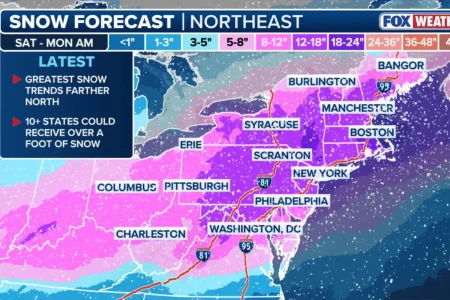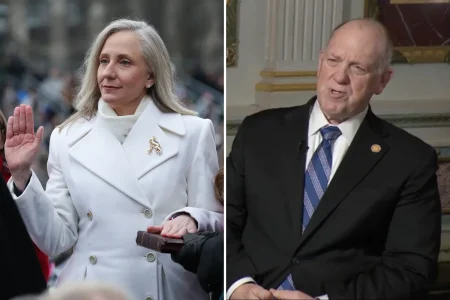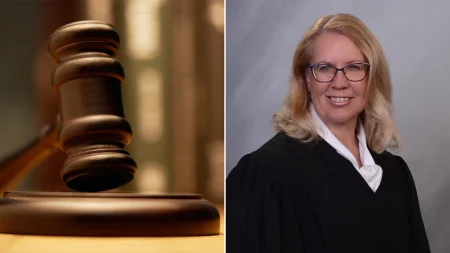Reflecting on Japan’s Past: A Prime Minister’s Moment of National Reckoning
In a significant moment of historical acknowledgment, the Prime Minister addressed the Japanese nation in a televised speech that coincided with the 50th anniversary of Japan’s World War II surrender. This carefully timed address represented more than just a commemoration – it marked a crucial turning point in Japan’s relationship with its wartime history. Speaking directly to his citizens and the international community, the Prime Minister officially expressed “deep remorse” for the atrocities committed during Japan’s imperial expansion and wartime actions across Asia and the Pacific. The speech came at a time when many survivors of the war still carried vivid memories of the conflict, making his words particularly meaningful to those who had suffered.
The address tackled difficult aspects of Japan’s wartime conduct that had often been minimized or avoided in official discourse. By directly acknowledging war crimes and expressing national remorse, the Prime Minister broke with the more cautious approach of his predecessors. This represented a significant evolution in Japan’s official narrative about its wartime role – moving from defensive positions toward a more honest confrontation with painful historical truths. The speech recognized the profound suffering inflicted upon neighboring Asian countries, including forced labor, systematic violence, and military aggression that left deep wounds across the region. In doing so, the Prime Minister hoped to begin healing decades-old tensions that had complicated Japan’s relationships with countries like China, Korea, and other nations that had experienced Japanese occupation.
This public expression of remorse emerged from complex domestic political calculations as well as genuine historical reckoning. The Prime Minister navigated between conservative elements in Japanese society who resisted revisiting wartime conduct and progressive voices who had long advocated for more forthright acknowledgment of past wrongs. His speech walked this delicate line, offering meaningful recognition of historical crimes while framing Japan’s future as a peaceful nation committed to preventing similar tragedies. The anniversary provided an opportunity to demonstrate Japan’s evolution from militarism to democracy, highlighting the country’s five decades of commitment to peace and international cooperation following the war’s conclusion.
The international reaction to the Prime Minister’s address revealed much about the lingering wounds of World War II in the Asia-Pacific region. Some neighboring countries welcomed the explicit expression of remorse as a step toward reconciliation, while others criticized the speech for not going far enough in addressing specific war crimes or offering concrete reparations. These varied responses highlighted how historical memory remains contested territory in international relations, with different nations holding different expectations about how Japan should address its imperial past. The speech became a reference point in ongoing discussions about historical justice, the obligations of nations to acknowledge past wrongs, and the complex process of international reconciliation.
Beyond its immediate political impact, the Prime Minister’s address contributed to a broader societal conversation within Japan about national identity and historical responsibility. For younger generations of Japanese citizens who had no direct experience of the war, the speech offered an official framework for understanding their country’s complicated history. It encouraged a more nuanced perspective that acknowledged both postwar achievements and wartime transgressions. The Prime Minister’s words challenged the nation to incorporate this difficult past into a comprehensive understanding of Japanese identity – one that could honestly confront historical wrongdoing while still finding pride in positive aspects of Japanese culture and contemporary contributions to global society.
In the years following this watershed speech, its language of “deep remorse” became a touchstone for evaluating subsequent Japanese governments’ approaches to historical memory. The Prime Minister’s willingness to directly address wartime atrocities established a precedent that influenced how future leaders would navigate these sensitive historical questions. While debates about war memory, textbook content, and appropriate commemorations continued in Japanese society, this televised address marked an important evolution in how Japan officially positioned itself in relation to its wartime past. The speech represented both a reckoning with history and an aspiration for Japan’s future role as a peaceful contributor to global prosperity and stability – acknowledging painful truths while charting a path toward international reconciliation and cooperation.









